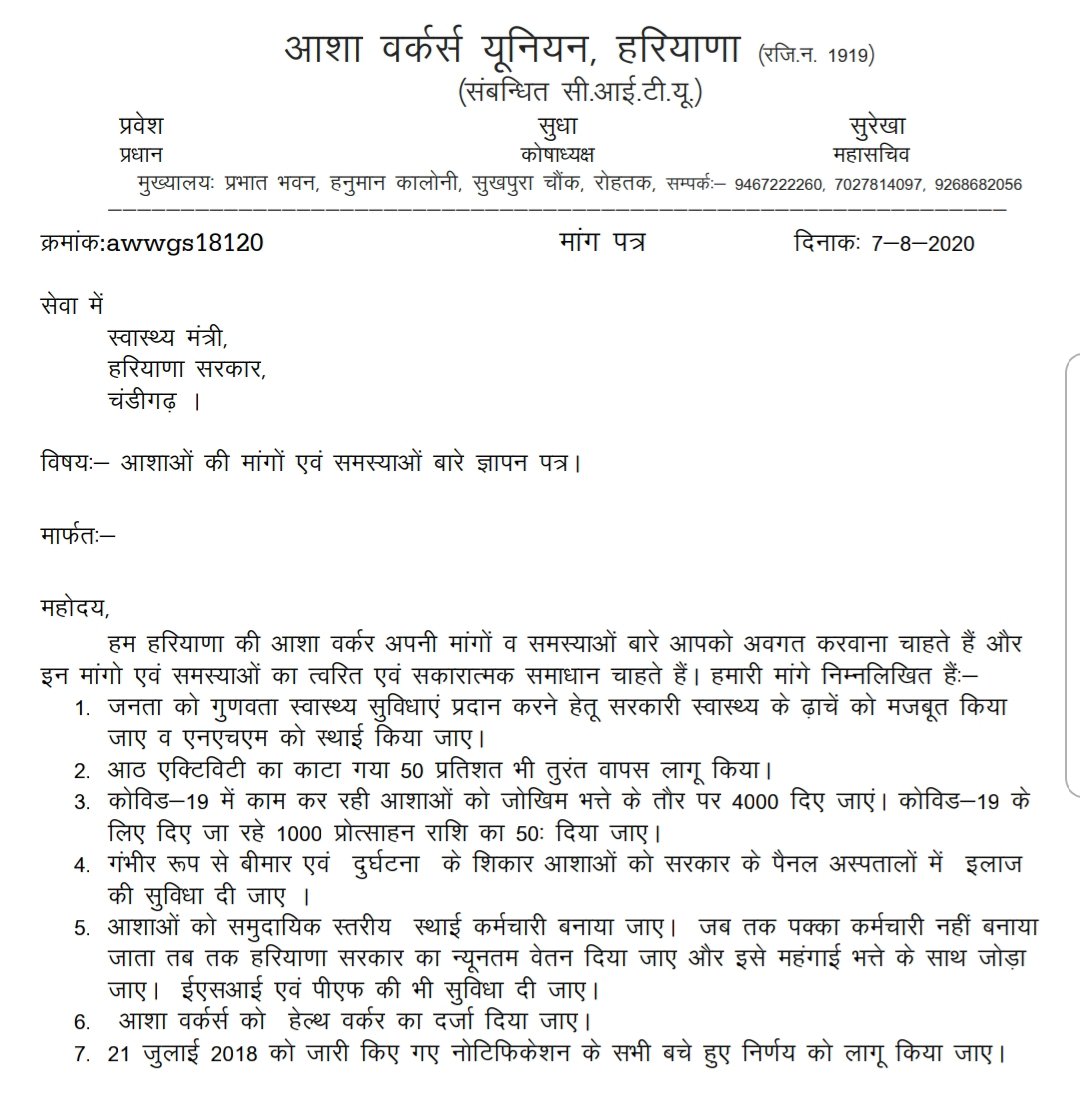Continuing our conversation on #VAWIP, here’s the story of Krishnaveni - the first Dalit woman president of Thalaiyuthiu panchayat (Tirunelveli dist.) TN, who was brutally attacked on 13 June, 2011 by her opponents in front of her home.
https://twitter.com/BehanBox/status/1120929901115248641
A fearless leader, Krishnaveni fought patriarchy, caste prejudice and a powerful cement company that wanted village land. She unfurled a black flag instead of the tricolour on Independence Day (2007) to protest the discrimination she faced.
As a Sakkaliar- lower among the Dalit sub castes in TN, Krishnaveni was often subjected to casteist slurs. “They would call me Ei Sakkilichi (You Sakkaliar woman), never by my name.
Krishnaveni’s foremost aim was to build toilets for women and girls (who had specially requested her) on land illegally occupied by higher castes. It was her quest to reclaim this land that led to the attack.
On 13th June 2011, as she was returning from a long day’s work from Collector’s office, she was attacked with bats and sticks. Her ears and hands were hacked and she was left in a pool of blood with no one to help her for a long time.
“I don’t know how I am alive after that attack,” says Krishnaveni “It is a miracle. Maybe because I am a very adamant and courageous person.”
Women leaders who take on the powerful elites on issues of land, sand and other economic and politically sensitive issues are often at the receiving end of violence and grievous body harm.
When asked what really hinders women in politics, “Anatthikam,” she said. Patriarchy.
When asked what really hinders women in politics, “Anatthikam,” she said. Patriarchy.
Read Krishnaveni’s full story here
archive.indiaspend.com/cover-story/kr…
archive.indiaspend.com/cover-story/kr…
• • •
Missing some Tweet in this thread? You can try to
force a refresh







